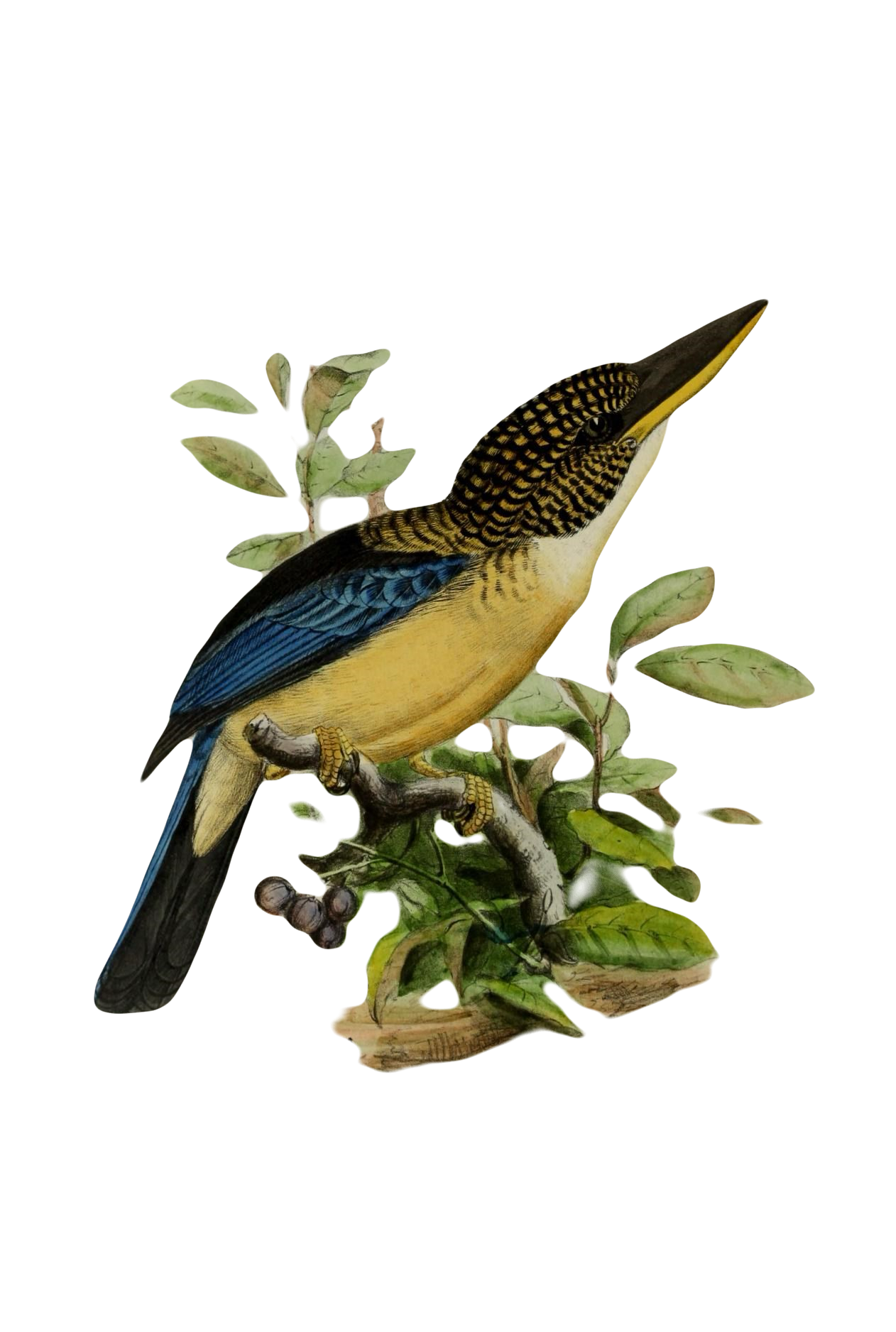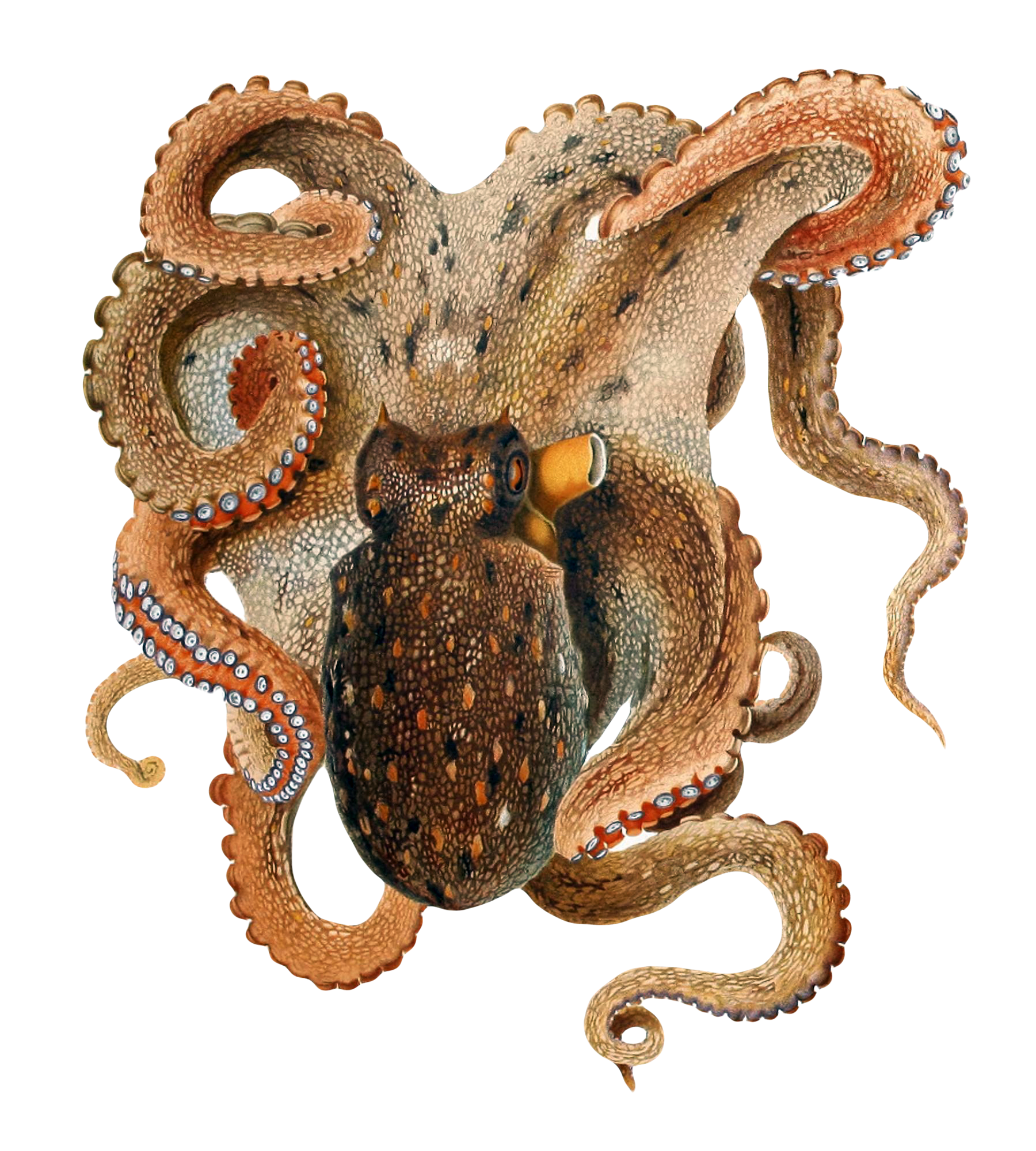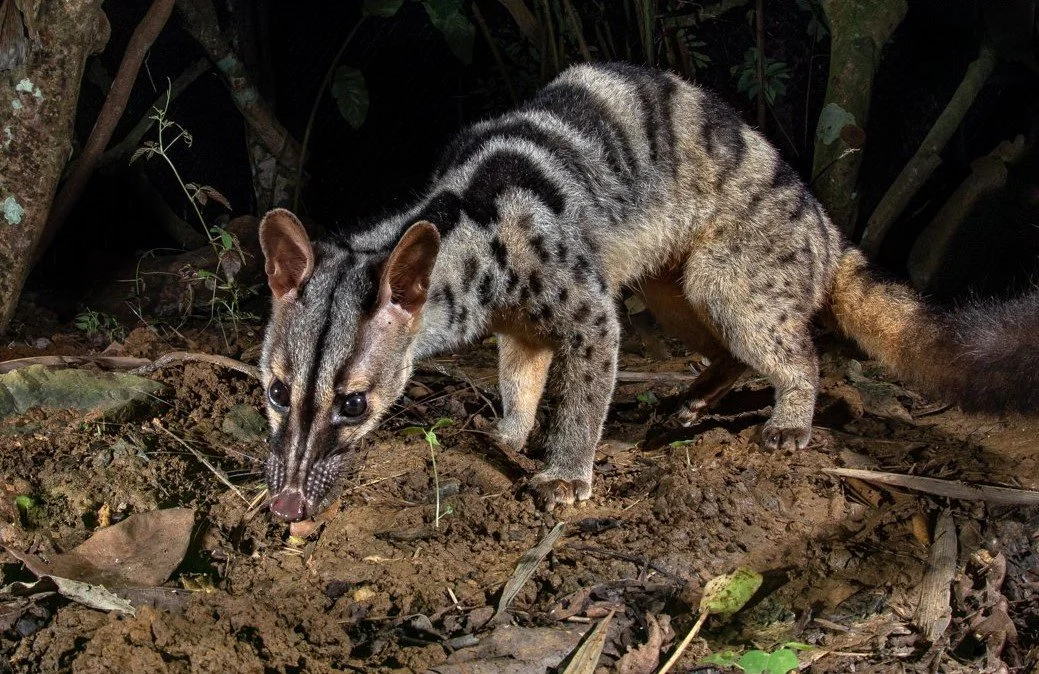Species
*Sources for information and photos (unless they were taken by me) can be found at the bottom of each species profile or in photo captions.
A collection of animal species from around the world.
Okinawa Rail
The Okinawa rail is Japan's only flightless bird — found exclusively on the island of Okinawa. Before nightfall, it uses its powerful clawed feet to climb trees, where it sleeps to avoid nocturnal-hunting pit vipers. In the morning, it drops back down in a graceless fluttering of wings.
White-rumped Vulture
The white-rumped vulture was once India’s most common vulture — and perhaps the most numerous large bird of prey in the world. But between the mid-1990s and 2006, its population plummeted by 99.9%, and it’s now considered critically endangered.
Raccoon Dog
The raccoon dog isn’t a raccoon at all — it’s a canid, more closely related to foxes. It’s the only member of the dog family that hibernates and one of the few to use communal latrines, where it leaves behind smelly “messages” about its diet, health, and breeding status for other raccoon dogs to sniff out.
Pygmy Hog
The pygmy hog is the smallest pig species in the world — standing just 25 centimetres (9.8 in) at the shoulder. It is also one of the rarest. Once widespread across the southern foothills of the Himalayas, fewer than 250 mature individuals now survive, confined to a small patch of grassland in Assam, India.
Firefly Squid
Each spring, thousands of firefly squid gather in Japan’s Toyama Bay and light up the water with their neon-blue bioluminescence. After laying and fertilising their eggs, they die. A year later, their offspring will return to do the same.
Asian Koel
The Asian koel is a brood parasite that lays its eggs in the nests of other birds. The species is also sexually dimorphic: males are dark-feathered goths, while females are boldly streaked in brown and white.
Bawean Hog Deer
The Bawean hog deer is the rarest deer in the world. It's only found on the small Indonesian island of Bawean and is considered 'critically endangered' — with an estimated population of fewer than 300 individuals.
Owston's Civet
Owston's civet is a cryptic creature from the Annamite Mountains, straddling the border of Vietnam and Laos. With its skinny snout, it sniffs and searches through leaf litter for its favourite food: earthworms.
Iriomote Cat
The Iriomote cat occupies the smallest habitat of any wild cat on Earth — found only on Japan's southern Island of Iriomote — with its current population estimated to be around 100 individuals.
Blakiston's Fish-Owl
Blakiston's fish-owl is one of, if not the largest owl species in the world, with a wingspan reaching 2 metres (6.6 ft) and a weight exceeding 4 kilograms (8.8 lb). It is a vulnerable species — it's estimated that less than 2,000 individuals hunt the cold rivers of northeast Asia.
Japanese Pygmy Squid
The Japanese pygmy squid — one of the world’s smallest cephalopods with a mantle length of just 16 mm (0.6 in) — hunts crustaceans up to twice its size. It paralyses them, then slips its mouthparts inside their exoskeletons to slurp out their insides, leaving their shells intact.
Pheasant-tailed Jacana
Pheasant-tailed jacana females are larger than the males. The species is also polyandrous — each female mates with multiple males and, in a single season, lays up to 10 clutches that are raised by different males in her harem.
Bull-headed Shrike
The bull-headed shrike's shrieking call ('kich-kich-kich') signals the approach of fall in Japan — in some regions, farmers use its call to time their work and avoid the winter frosts. The shrike's cries also serve as warnings, staking its claim over hunting grounds.
Samurai Crab
The samurai crab's shell resembles the face of a samurai warrior. A popular theory proposed that fishermen spared the crabs with the most face-like shells, throwing them back instead — selectively breeding the species to resemble a scowling samurai. While a neat idea, it's unlikely to be true.
Brahminy Blind Snake
The Brahminy blind snake is also known as the 'flowerpot snake' because it often hides in the soil of flowerpots, resulting in its spread throughout most of the world. It looks and acts like a worm — some 13 cm (5 in) long and subterranean — but it's one of the world's smallest snake species.
Ground Tit
A resident of the Tibetan Plateau, the ground tit lives above the treeline at elevations no lower than 3,000 metres (9,800 ft). It moves along the ground in unpredictable dashes and hops — said to resemble a bouncing rubber ball — and digs burrows for nesting and shelter.
Nomura's Jellyfish
Nomura's jellyfish is among the largest jellyfish species in the world — measuring up to 2 metres (6.6 ft) in diameter and weighing up to 200 kg (440 lb). Starting out as small as a grain of rice, it can grow this large in less than a year.
Asian Openbill
The Asian openbill uses its "open bill" to locate and grab its favourite prey — freshwater snails — using the sharp tip of its curved, lower mandible to extract them from their shells. It is a common species of stork throughout South and Southeast Asia.
Long-eared Hedgehog
The ears of the long-eared hedgehog — longer than half the length of its head — are much larger than those of other hedgehogs. It lives in deserts and steps, using its astute hearing (and smell) to track down food, and its ample ears to radiate heat, staying cool in its sweltering home.























